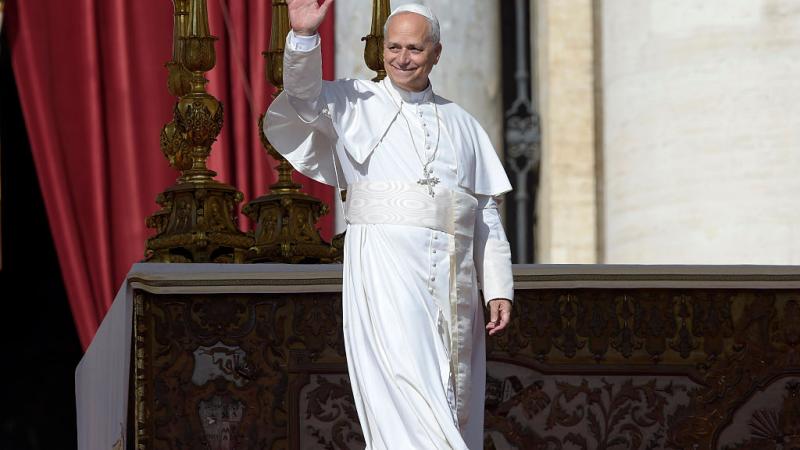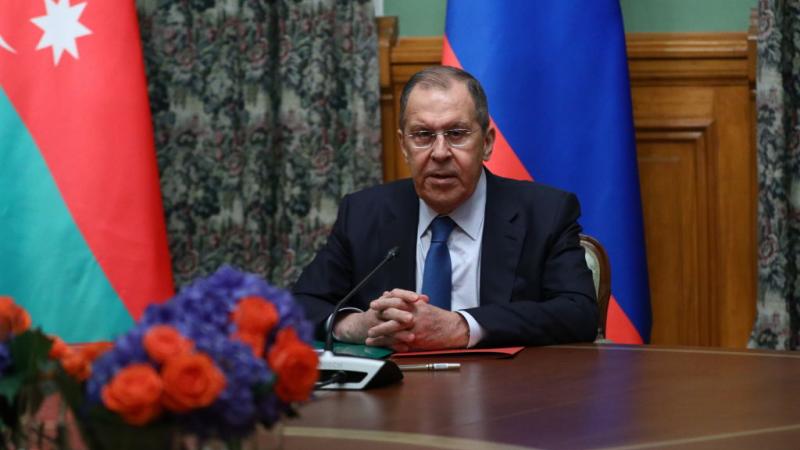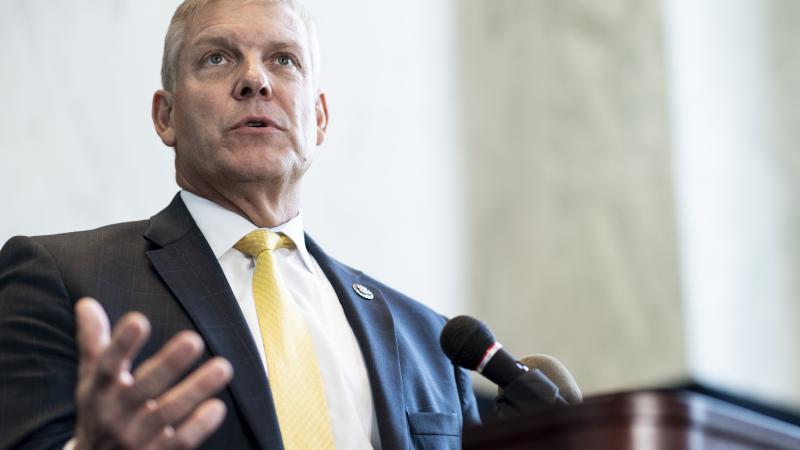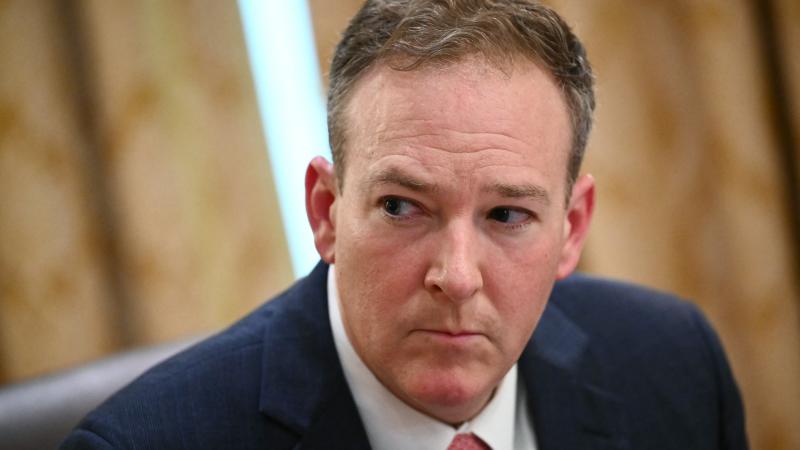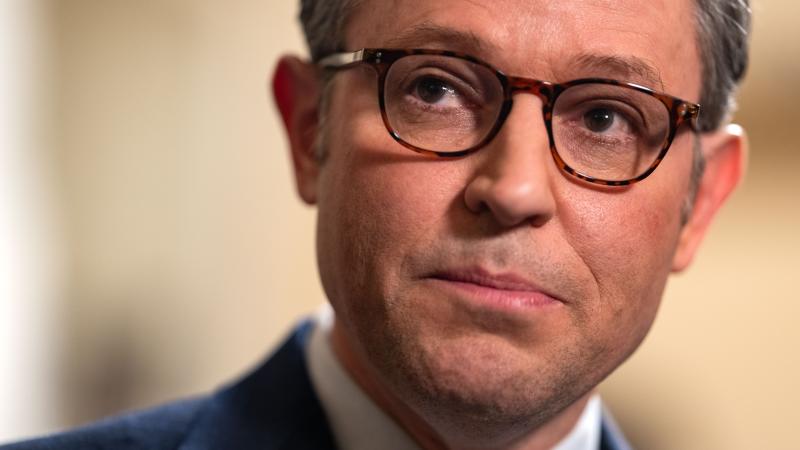United Methodist officially lifts ban on LGBTQ members joining its clergy
The delegates are also expected to vote on whether to replace its "Social Principles" document with one that changes the definition of marriage from being between a man and a woman to a union between “two people of faith." It would also remove a line in the document that considers the practice of homosexuality "incompatible with Christian teaching.”
United Methodist delegates voted to remove a ban on members of the LGBTQ community serving as clergy members on Wednesday, ending decades of controversy around the issue.
The delegates voted to repeal the 1984 ban in a 692-51 vote at their general assembly, which was met with cheers from the crowd. The assembly also passed a measure that forbids regional administrators from punishing clergy for either performing a same-sex wedding or for declining to perform one, the Associated Press reported.
The delegates are also expected to vote on whether to replace its "Social Principles" document with one that changes the definition of marriage from being between a man and a woman to a union between “two people of faith." It would also remove a line in the document that considers the practice of homosexuality "incompatible with Christian teaching.”
The new measures will take effect after the end of the general assembly on Friday.
“It seemed like such a simple vote, but it carried so much weight and power, as 50 years of restricting the Holy Spirit’s call on people’s lives has been lifted,” Bishop Karen Oliveto, the first openly lesbian bishop in the United Methodist Church, told the Associated Press. “People can live fully into their call without fear. The church we’ve loved has found a home for us.”
The repeal could mainly affect churches in the United States, because churches in other countries are allowed to impose their own rules on their congregations. The church is considered the third largest denomination in the United States with 5.9 million members, but it also has more than four million members internationally, most of whom are in Africa.


